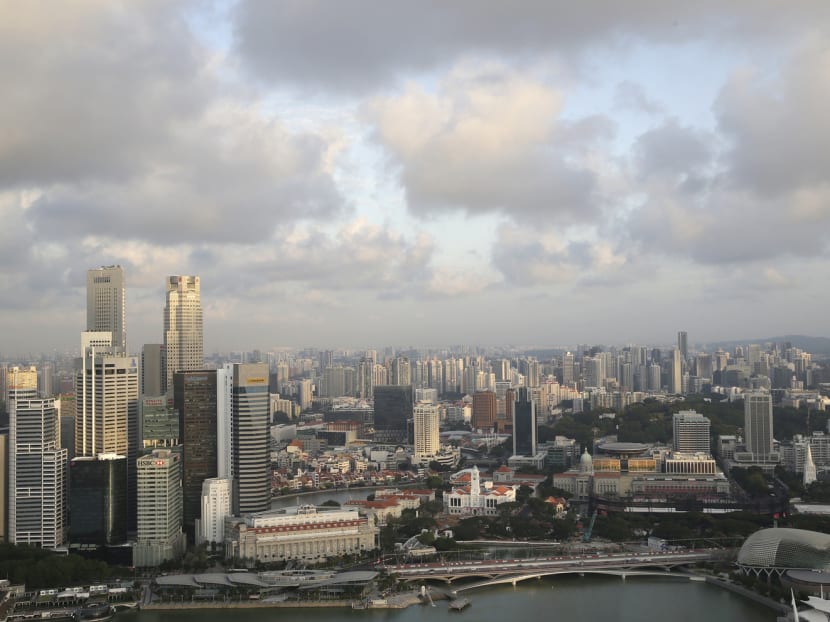S’pore fails to meet minimum standards in human trafficking: US
SINGAPORE — While the Singapore Government has been making “significant efforts” to eliminate human trafficking, it did not meet the “minimum standards” in several areas, the United States’ Department of State said in its latest Trafficking in Persons report.
SINGAPORE — While the Singapore Government has been making “significant efforts” to eliminate human trafficking, it did not meet the “minimum standards” in several areas, the United States’ Department of State said in its latest Trafficking in Persons report.
These include the conditions experienced by migrant workers and effective identification of people who were forced to make a living here.
In the report which was published yesterday on the State Department’s website, Singapore was placed in Tier 2 — the same as last year — along with countries such as Indonesia, Japan and Greece.
The segment of the report dedicated to Singapore said that although the Government began prosecuting its first labour trafficking cases, it has yet to secure the conviction of a labour trafficker under the Prevention of Human Trafficking Act. The Act came into force in March 2015, with penalties of up to 10 years’ jail and fines of up to S$100,000 and caning.
The Singapore Government investigated most suspected labour trafficking cases as labour-law offences under the Employment of Foreign Manpower Act or Employment Act, which carry “significantly lower penalties and exclude domestic workers and fishing crew”, the report stated.
The Government “increased efforts to prosecute and convict traffickers”. It prosecuted eight suspects, three for sex trafficking and five for labour trafficking. It convicted two sex trafficking offenders. This was an increase from 2015, where two traffickers were prosecuted and one convicted.
Last year, Singapore initiated prosecution of five suspects in three cases of labour trafficking. One of the cases involved a Singaporean man and his Nepalese wife, who allegedly subjected seven women from Bangladesh to forced labour as performing artistes in a nightclub.
The report noted other court cases, as well as investigations by the Manpower Ministry into two potential labour trafficking cases involving four suspects under the anti-trafficking law and 11 other potential cases under employment laws.
In efforts to protect victims, the report noted that funding was given to an unnamed non-governmental organisation (NGO) that provided trauma recovery services for 12 female labour trafficking victims and 10 female sex trafficking victims, 18 of whom were at a shelter.
The Government granted 12 victims short-term work permits, while the legal process was going on.
There were NGO-identified victims who did not meet the Government’s referral standards and were given shelter, or helped by privately funded groups.
Although Singapore allocates funds to curb trafficking and provides shelter and counselling to victims, the State Department said some victims likely did not benefit from these services.
This is due to the lack of a “formal policy” mandating provision of services including medical, temporary work permits and resettlement assistance to all victims.
Frontline officers also have an incomplete understanding of psychological coercion, although some training was conducted last year.
Recommendations for Singapore included increasing investigation and prosecution of sex and labour trafficking offences, including debt bondage. Law enforcement should adopt victim-centric methods and more resources and training given to officials.
The State Department also called for “transparent communication” with service providers during court cases and for cooperation and funding to NGOs to be expanded. NEO CHAI CHIN







